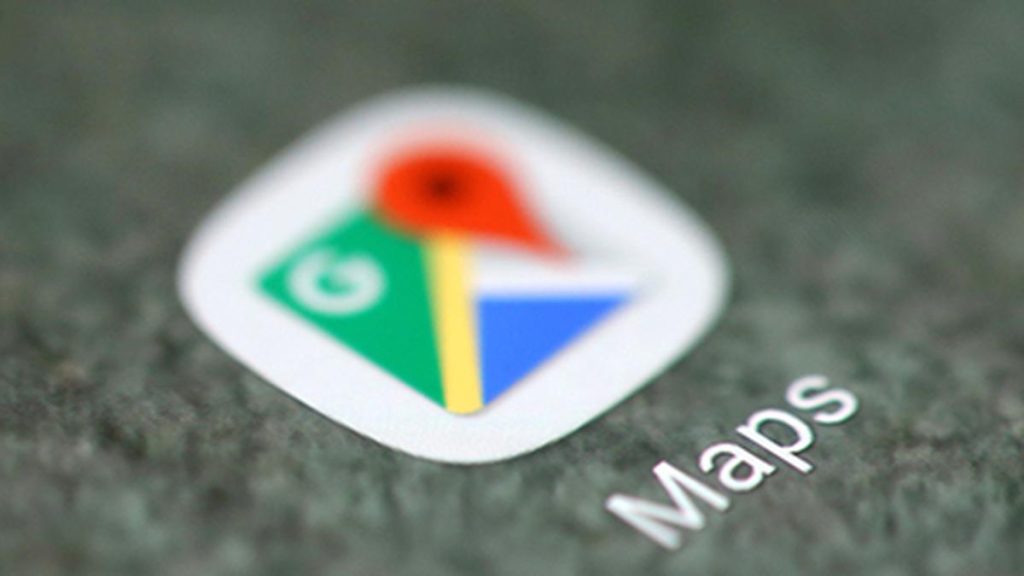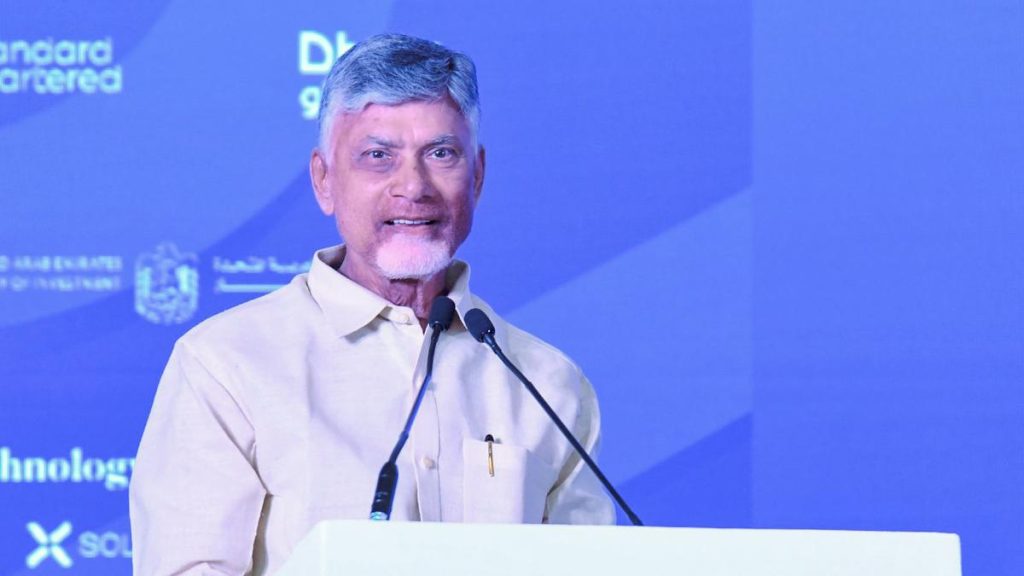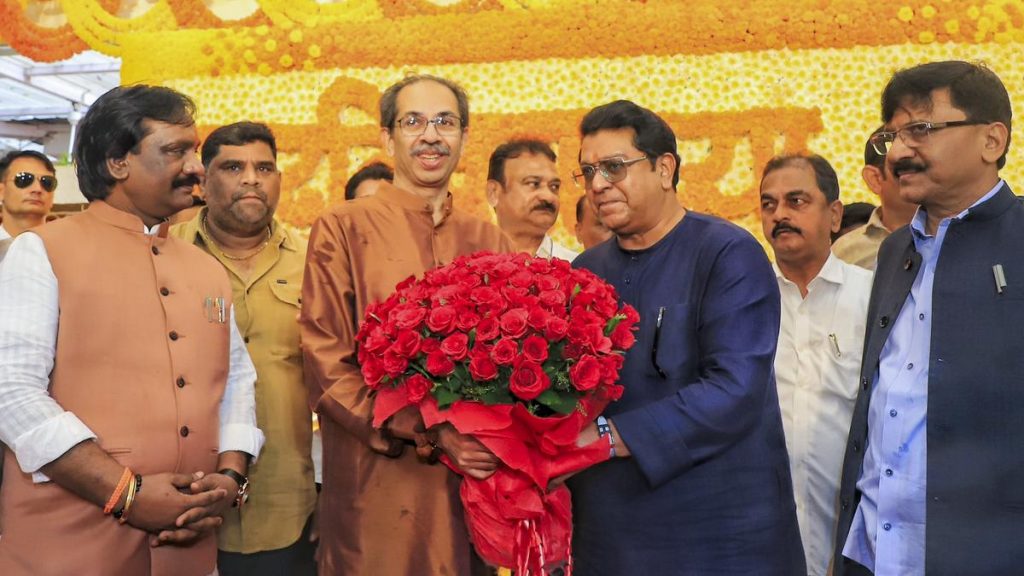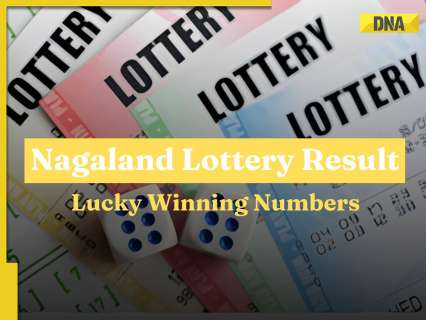Now Reading: Digital Revolution Transforms Access to Land and Healthcare Records
-
01
Digital Revolution Transforms Access to Land and Healthcare Records
Digital Revolution Transforms Access to Land and Healthcare Records
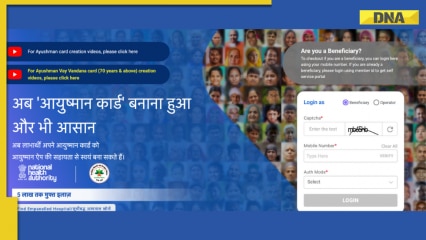
Quick Summary
- Government websites such as Ayushman Card, Jharbhoomi, Bihar Bhumi, and Anyror have transformed access to public services.
- Key benefits include time-saving, reduced paperwork, and transparent service delivery for citizens from home.
- Ayushman Card: Offers up to ₹5 lakh free annual health coverage per family for economically weaker sections; accessible at government/private hospitals nationwide.
– Notable features: cashless hospitalization, portability across the nation.
– Submission involves online registration or assistance via CSCs.
- Jharbhoomi (Jharkhand): Digital portal for land records including mutation applications and tax payments; improves transparency in property dealings.
– Users can search by district/village details to verify land documents efficiently.
- Bihar Bhumi: Facilitates seamless management of land ownership details,revenue payment,and mutation requests in Bihar with a focus on minimizing fraud/delays.
– Requires entry of district/circle-specific facts for online record verification.
- Anyror (Gujarat): Gujarat’s portal offering access to rural/urban property records along with applications for various revenue services through an intuitive interface.
– Details like survey number or taluka enable precise document retrieval.
Indian Opinion Analysis
The described digital platforms mark significant strides towards e-governance in India by enabling inclusive access to essential services such as healthcare and land record management from any location nationwide. By reducing bureaucratic delays and encouraging transparency through user-centric portals like Ayushman Card or state-specific initiatives (e.g., Jharbhoomi), the efforts strengthen citizen empowerment while catering especially to economically vulnerable groups needing free health care or secure property documentation.
However ample these contributions appear technologically, equitable accessibility will hinge on addressing persistent issues like internet penetration gaps across rural areas alongside simplified usability interfaces. The integration reflects India’s broader digital infrastructure ambitions yet necessitates continuous innovation/adaptation aligned with regional diversity needs.



